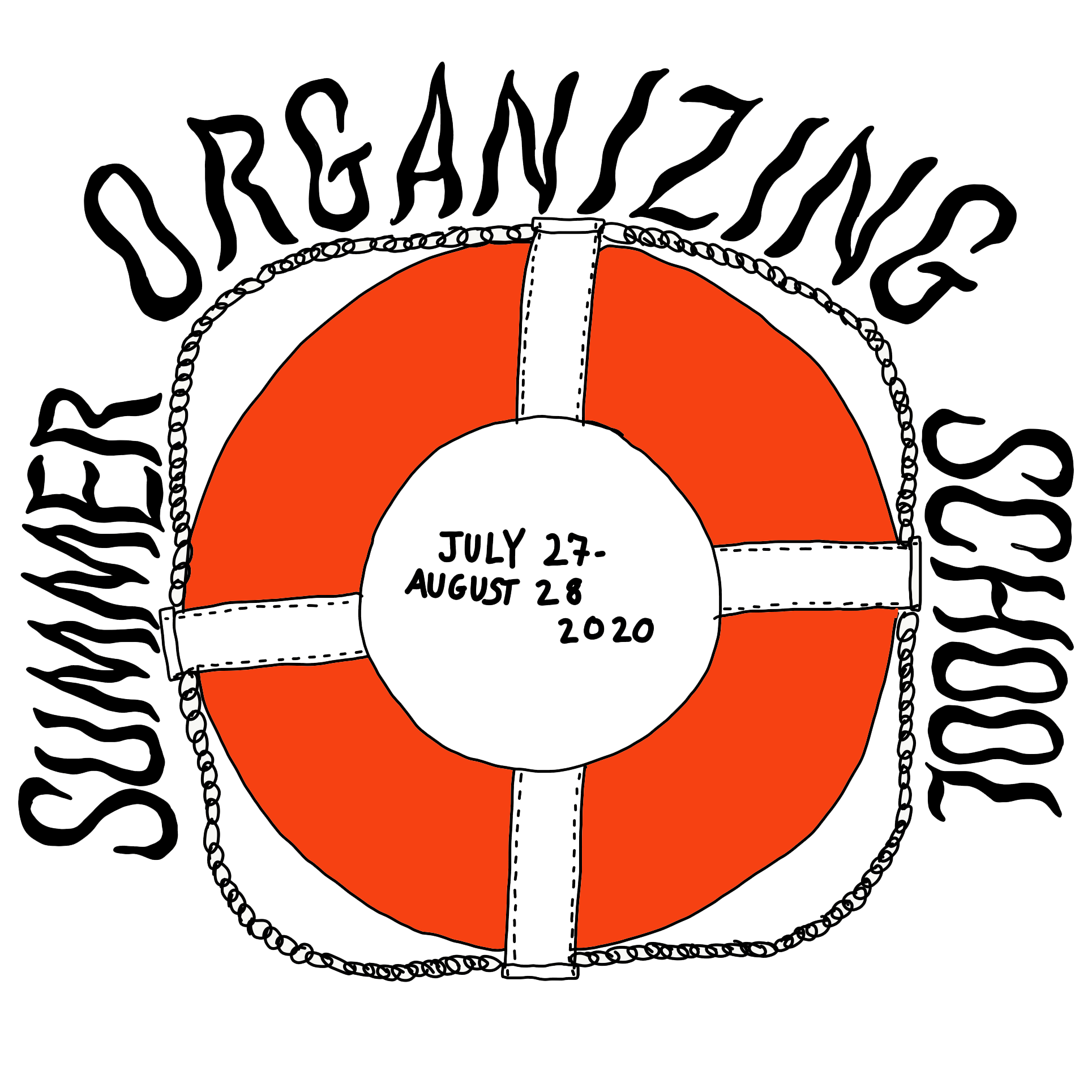Summer Organizing School (SOS)

While we are on zoom and many of us are joining from different places, we want to remind ourselves that we are gathered on the unceded lands of indigenous peoples. For those in NYC, where SOS is based, the Lenapehoking and the land of the Lenape people. The legacy of transatlantic slavery and the history of anti-blackness in the US has been tied to the theft of people to stolen land. Settler colonialism and the afterlife of slavery include the expansion of prisons and the militarization of police occupying unceded lands. Early carceral technologies included the displacement of Native people off of sacred lands and into reservations, and so abolition necessitates decolonization.
Adapted from the Asian American Feminist Collective, and drawn from Tuhiwai Smith's Decolonizing Methodologies, and Mahmood Mamdani's "Settler Colonialism: Then and Now"
Statement of Principles
This is a working, living document that is updated regularly with input from and in collaboration with organizers, facilitators, community activists, and other SOS participants.
Acknowledging Harm
SOS opposes university systems because they are complicit in:
SOS course offerings explain and deconstruct structural and pedagogical systems of anti-Blackness, racial gendered capitalism, colonialism, and patriarchy inherent in knowledge production and knowledge sharing.
Action
SOS is inspired by anti-carceral feminist principles centered around care. Education is a tool for building relationships and communities based on collective well being, rather than individual profit.
SOS is an act of:
Process
SOS is about shifting and giving up power, access and capital. Processes to ensure that the SOS team adheres to these principles include weekly orientations and debriefs on class instruction and participation, talk-back sessions, anonymous reporting, and periodic collective feedback and amendments of this document.